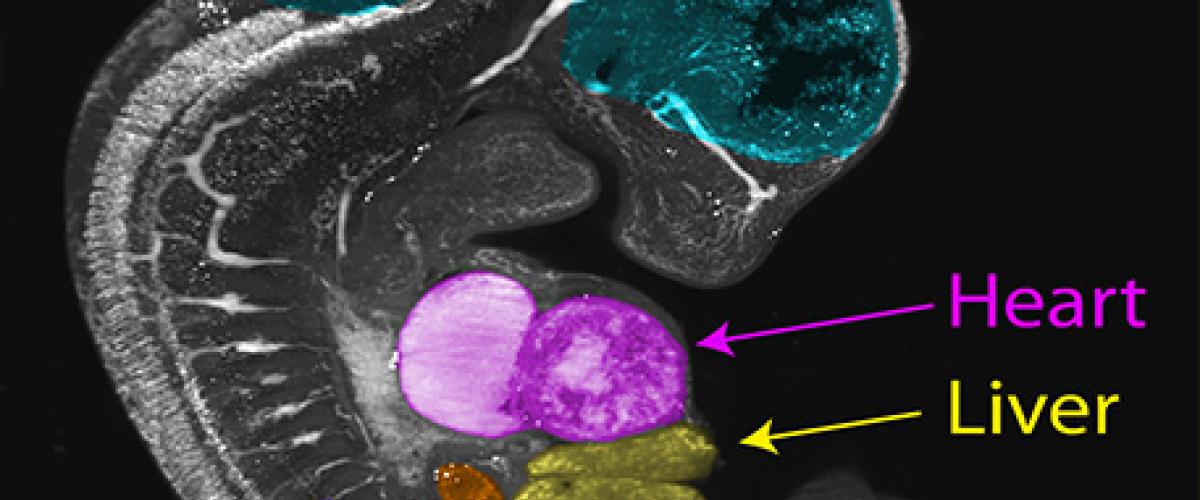
The Duke Development and Stem Cell Biology (DSCB) Program is a broad, interdepartmental consortium of students and faculty doing developmental stem cell, and regenerative biology research at the molecular, cellular, genetic, evolutionary, and systems levels. Researchers from across over 10 departments at Duke University and Duke Medical School participate. DSCB is one of many PhD programs offered under the purview of the Office of Biomedical Graduate Education. With our established strength and the continuing influx of new faculty talent, the Program has attracted top students from around the US and the world. Financial support is through NIH funding as well as other sources.
A few unique aspects of our program:
-
Scientific strengths and breadth: DSCB students join a tight-knit community of faculty and students who are passionate about development and stem cell biology. Our labs study diverse model systems including worms, flies, mice, sea urchins, turtles, zebrafish, induced pluripotent stem cells and organoids. This is enhanced through a campus-wide Duke Regeneration Center.
-
Our faculty: We are a young faculty; more than half of the ~50 DSCB faculty arrived at Duke in the past 10 years, reflecting the explosive surge in interest in this area of biological science. Our faculty come from Departments at the School of Medicine (basic science and clinical), Biomedical Engineering, and the Arts and Sciences (Biology). Our faculty participate in mentoring training and are committed to training students to be outstanding scientists.
-
Community and Niche buddies: Current DSCB students are intimately involved with programming and advocating for the program. Each incoming student is paired with a DSCB upperclassman ("Niche buddy")
-
Outreach with the community: DSCB students and faculty are actively involved in outreach through mentoring, teaching and scientific communication.
-
Colloquium: Students participate in a DSCB colloquium seminar series which brings in world-class experts in development and stem cell biology. Students have the opportunity to meet with these faculty and go to dinners, providing outstanding networking opportunities.
-
What makes Duke special?
-
Research Triangle: Duke University is located in Durham, North Carolina, one of three cities — Durham, Chapel Hill, and Raleigh — that form North Carolina’s famed Triangle Region. Our students interact with other students at UNC-Chapel Hill, NCState, NIEHS, and other nearby schools. The research triangle and Durham has many local startups (including from Duke scientists) and pharmaceutical companies. Many of our graduates remain in Durham to work at these Universities and Companies.
-
Unique campus geography: Duke University and Duke University Medical Center are on the same campus. This gives our students the unique opportunity to work in labs across campus, to interact with experts across broad disciplines, work with Duke undergraduates in the lab, and benefit from the cultural events across the University.
-
Opportunities to personalize your career paths. Our students can pursue internships in pharmaceutical industry, clinical shadowing programs, science communication, and more.
-
Teaching opportunities: There is no teaching requirement, however there are ample opportunities for students who are interested in teaching. For formal training students can obtain a Certificate in Teaching. For students interested in moving into a teaching Academic position they can take advantage of the Preparing Future Faculty program
-